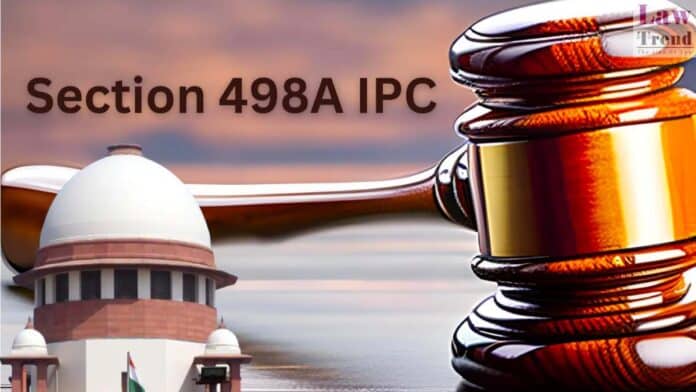New Delhi, July 22, 2025 — In a landmark judgment aimed at curbing the misuse of Section 498A IPC and safeguarding the rights of both parties in matrimonial disputes, the Supreme Court of India has upheld and approved the guidelines framed by the Allahabad High Court in a Judgment delivered by Justice Rahul Chaturvedi in
To Read More Please Subscribe to VIP Membership for Unlimited Access to All the Articles, Download Available Copies of Judgments/Order, Acess to Central/State Bare Acts, Advertisement Free Content, Access to More than 4000 Legal Drafts( Readymade Editable Formats of Suits, Petitions, Writs, Legal Notices, Divorce Petitions, 138 Notices, Bail Applications etc.) in Hindi and English.




